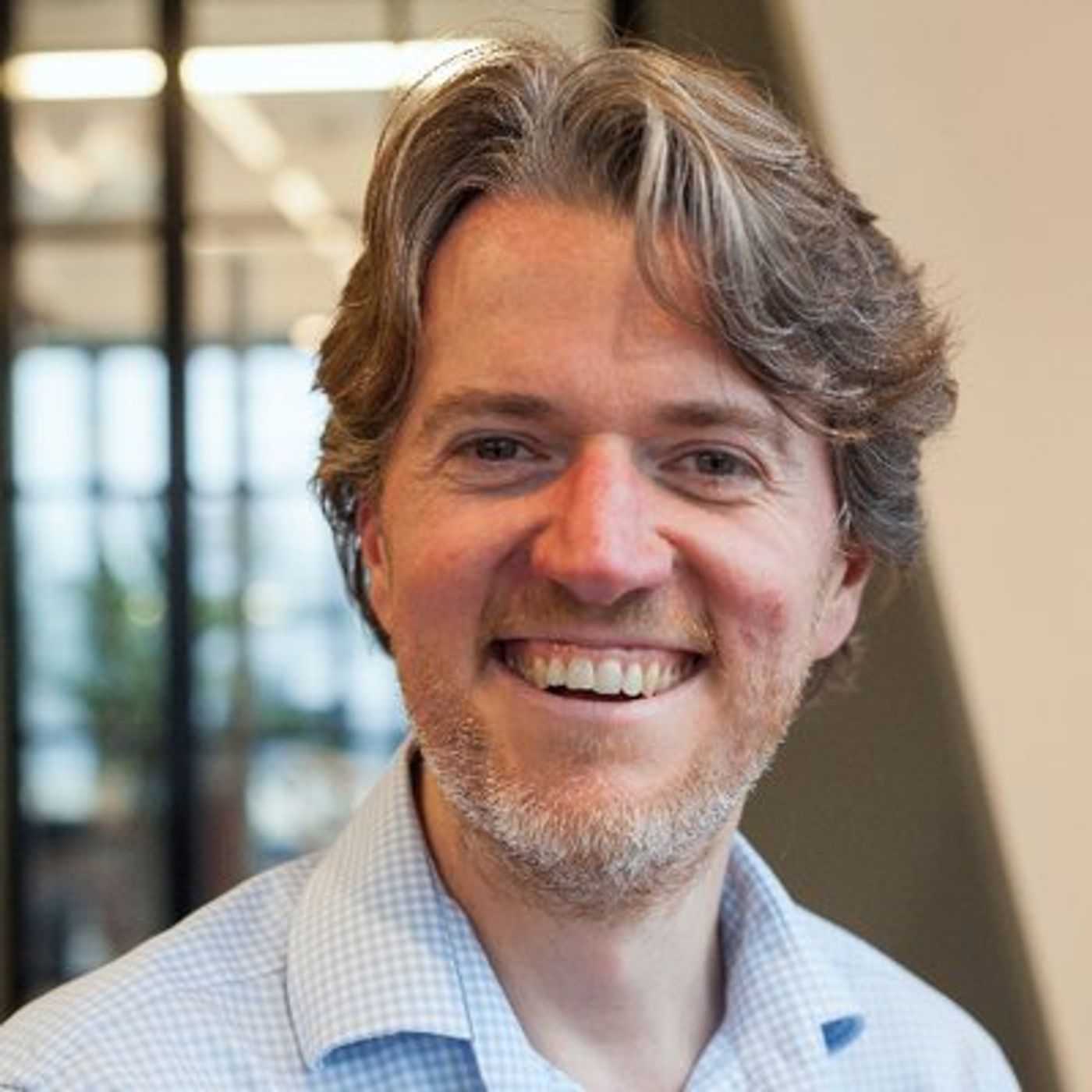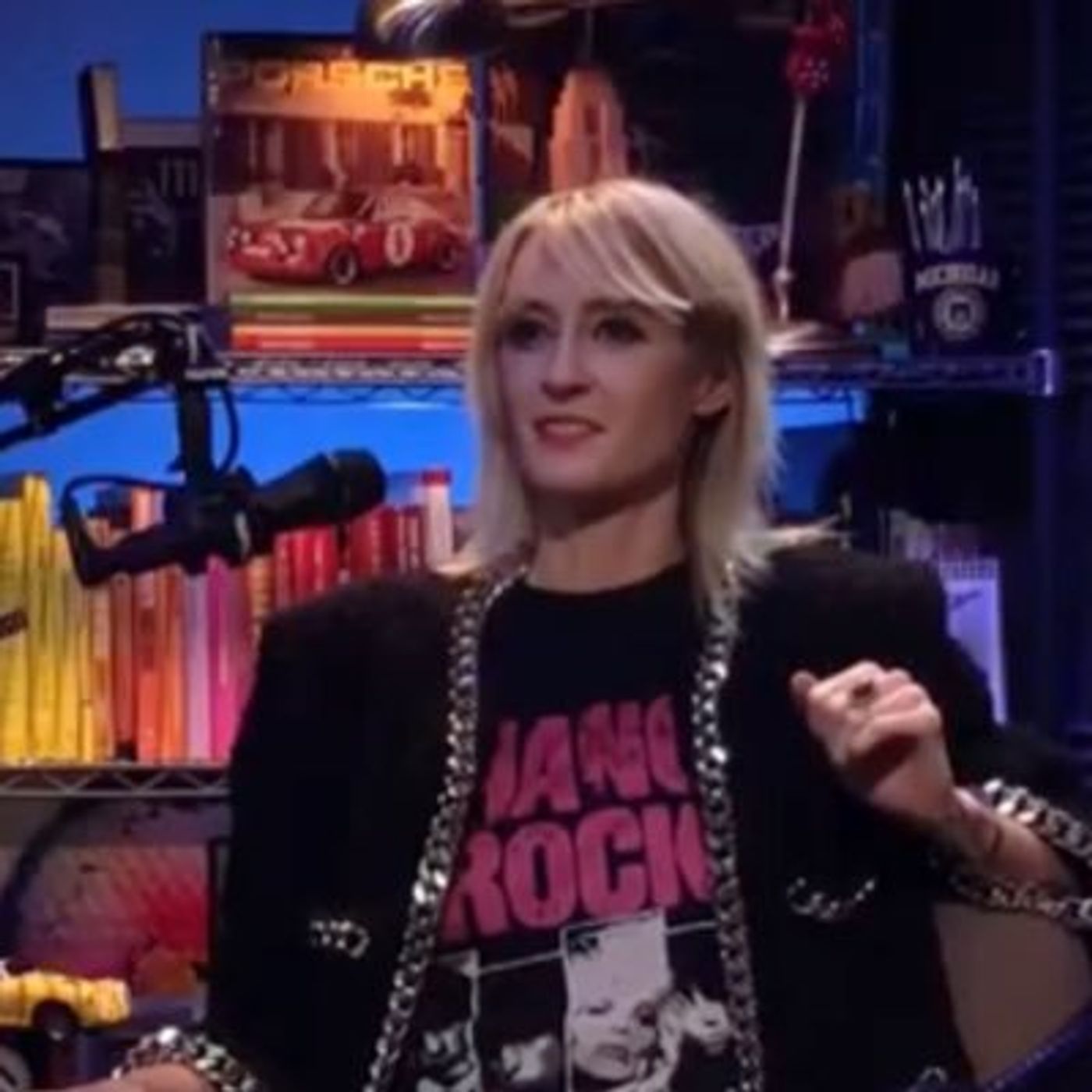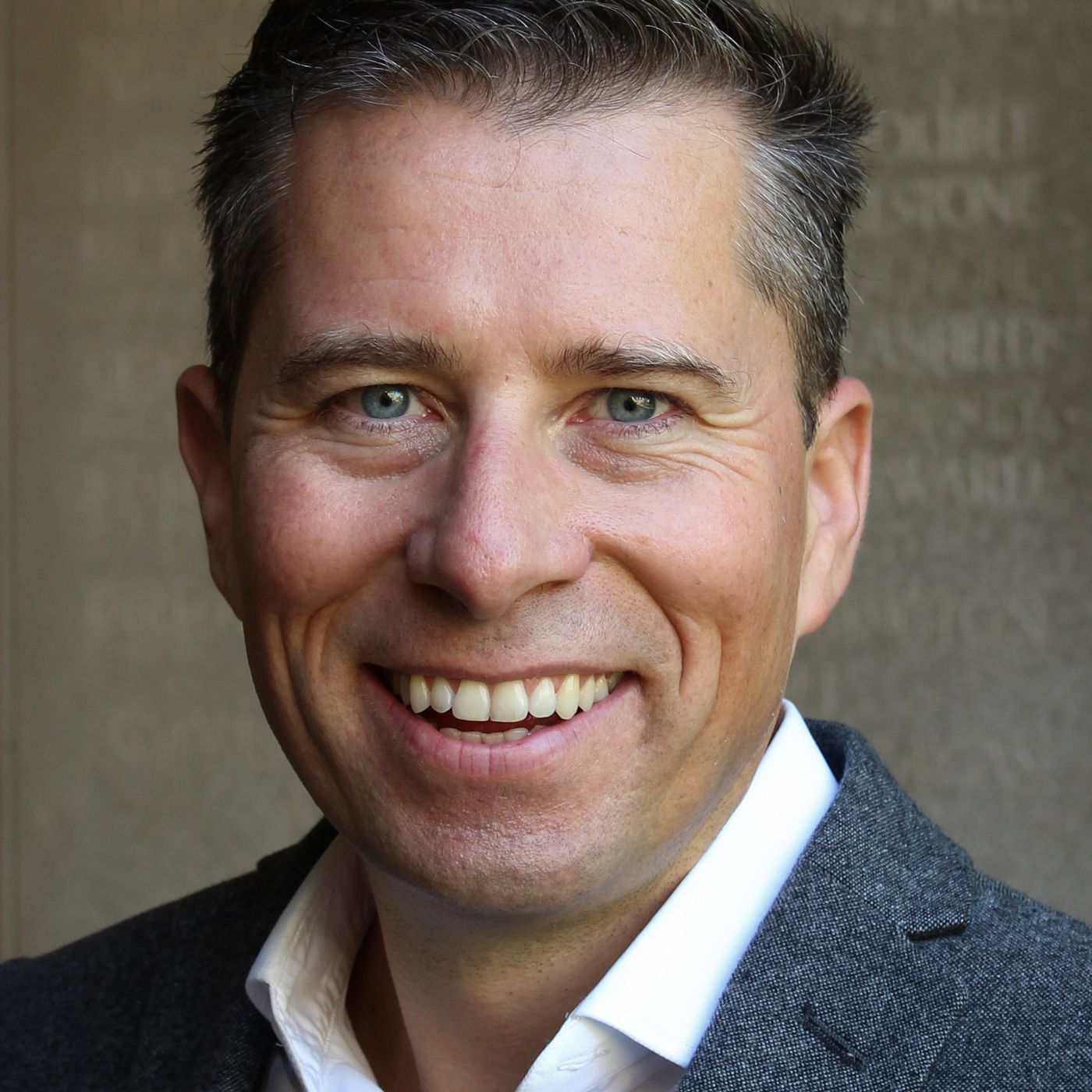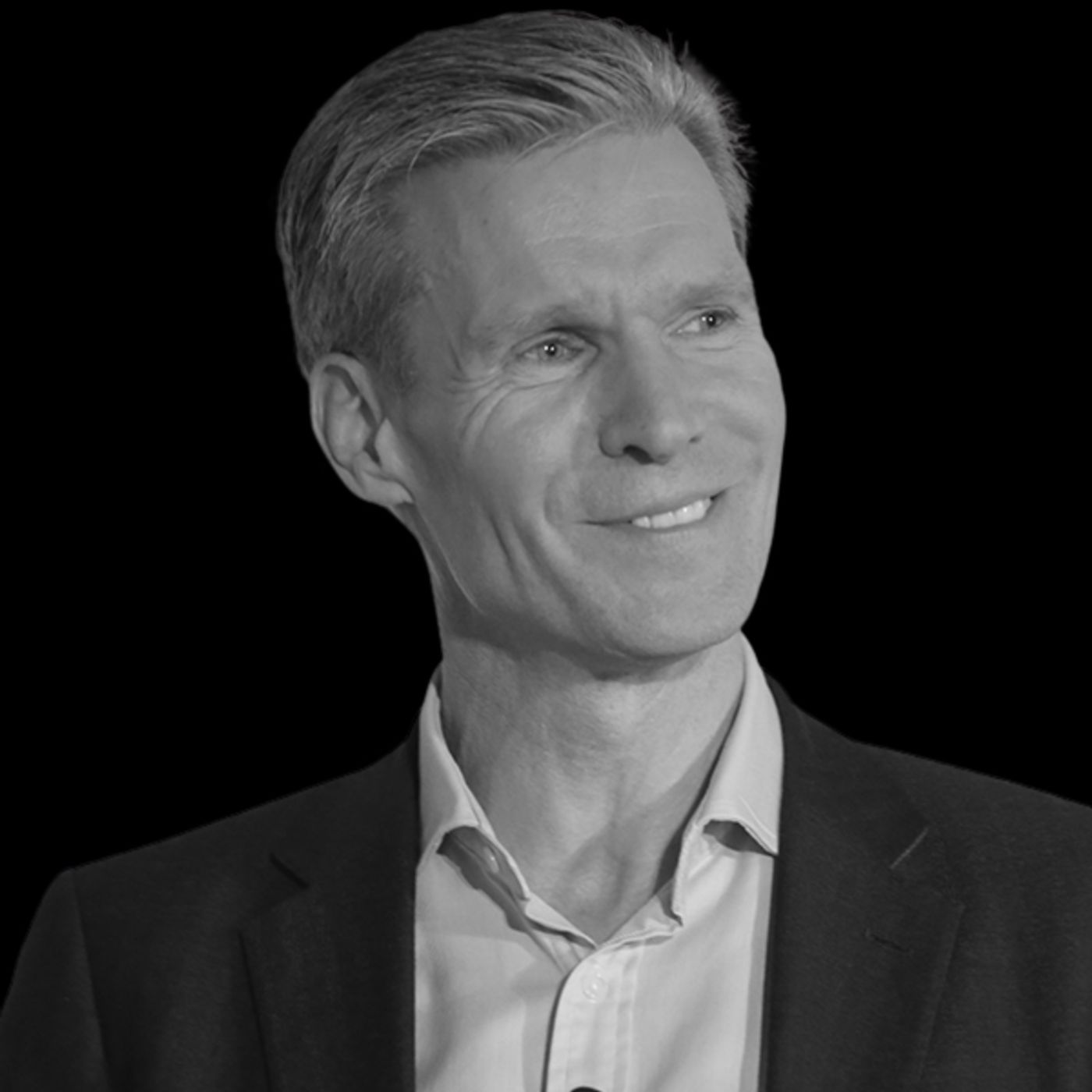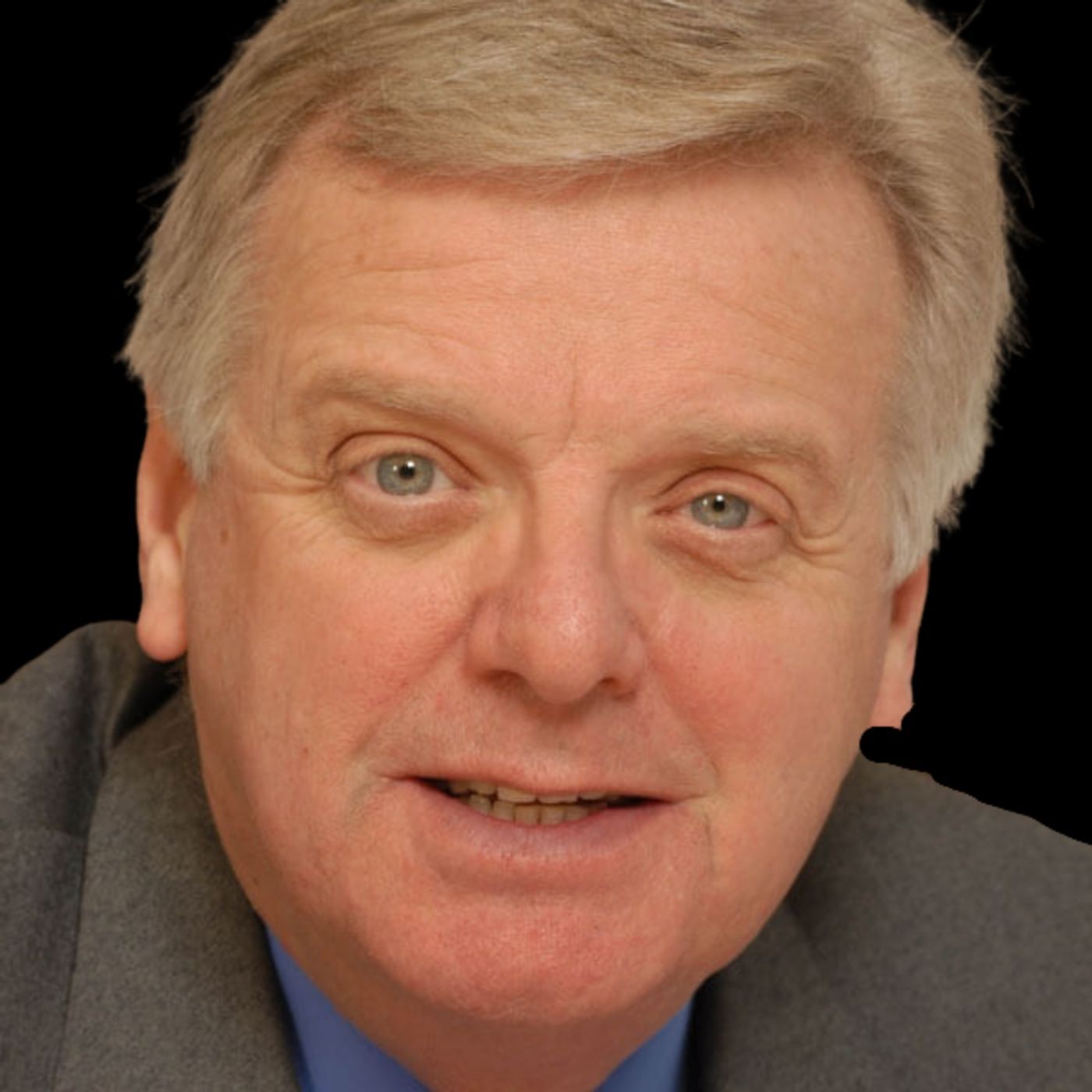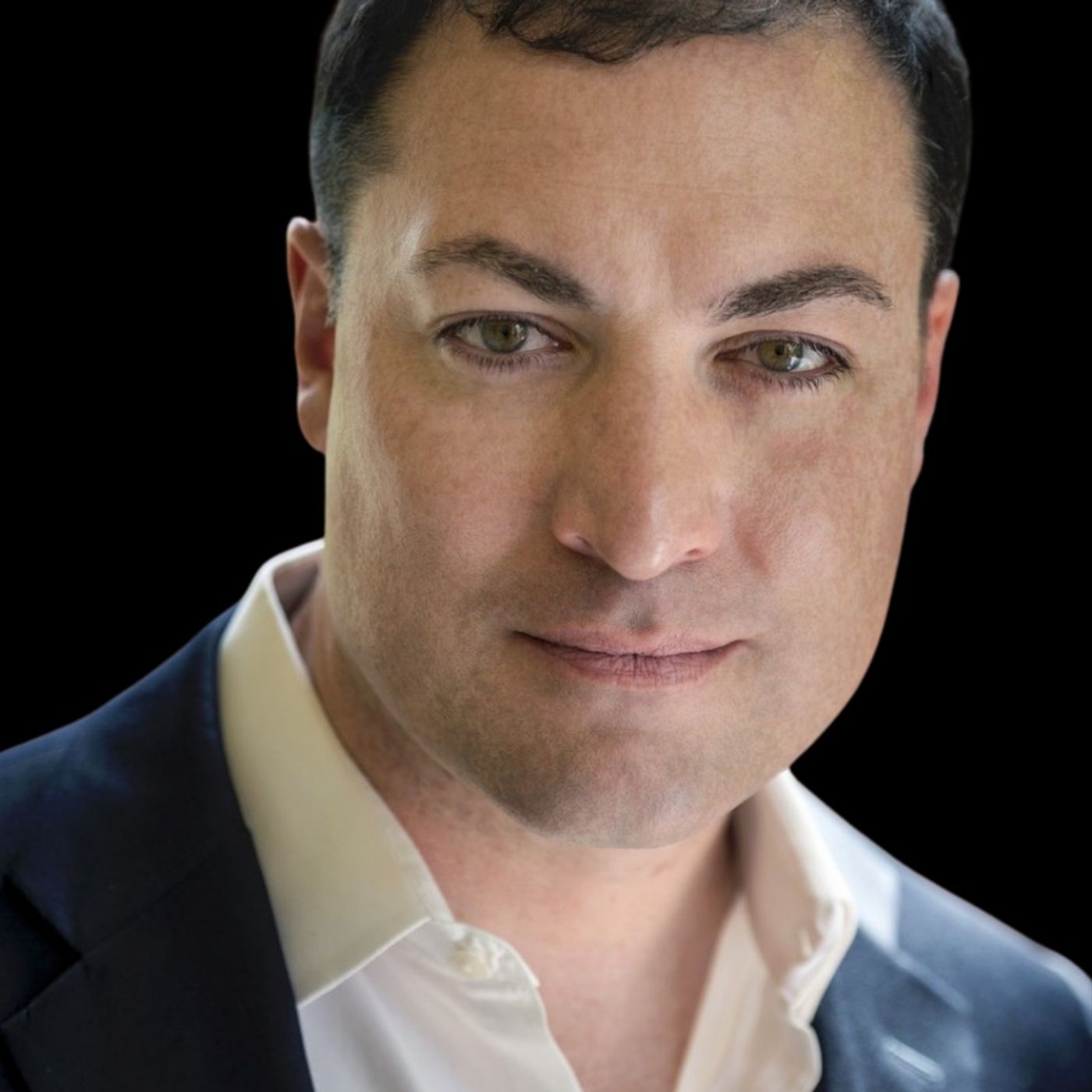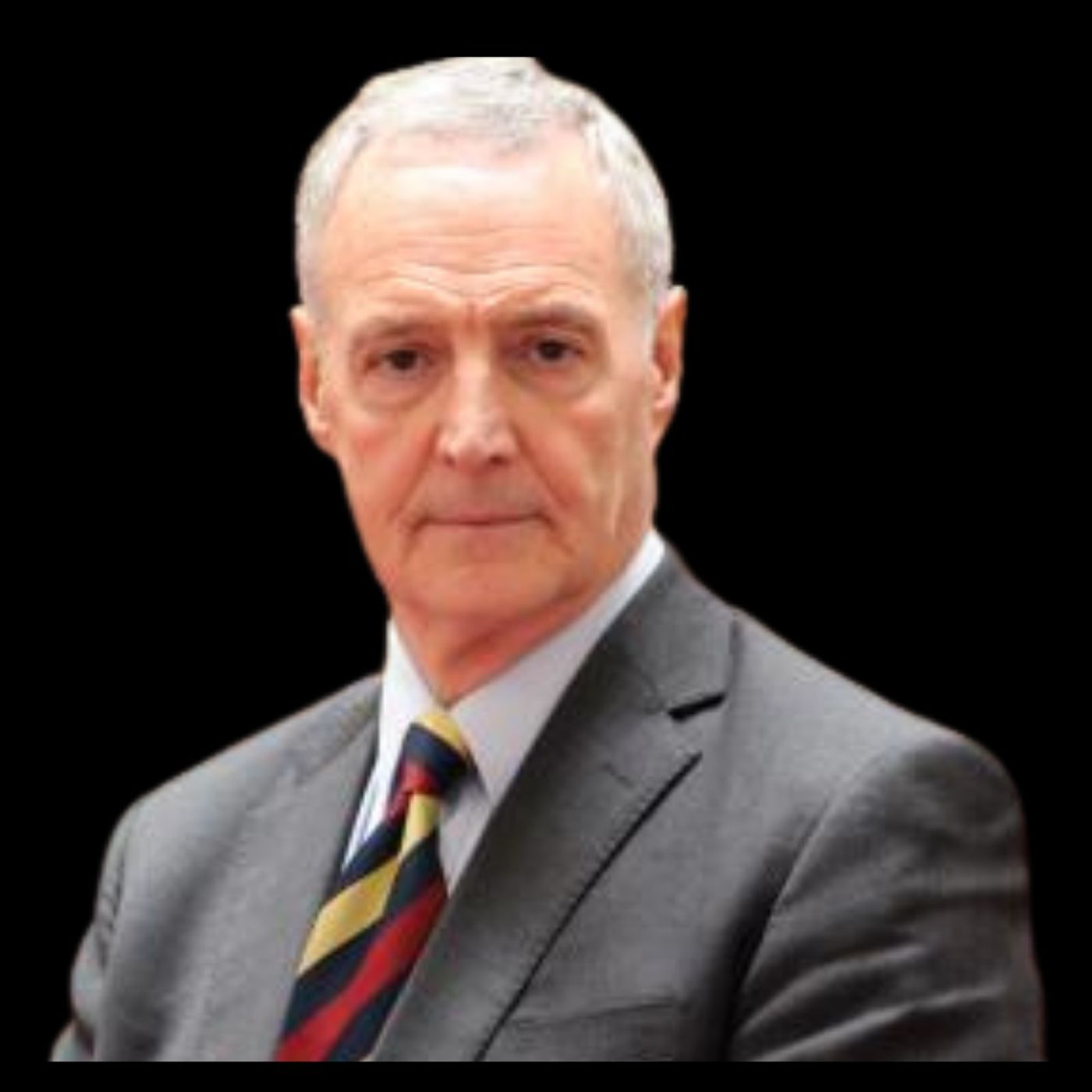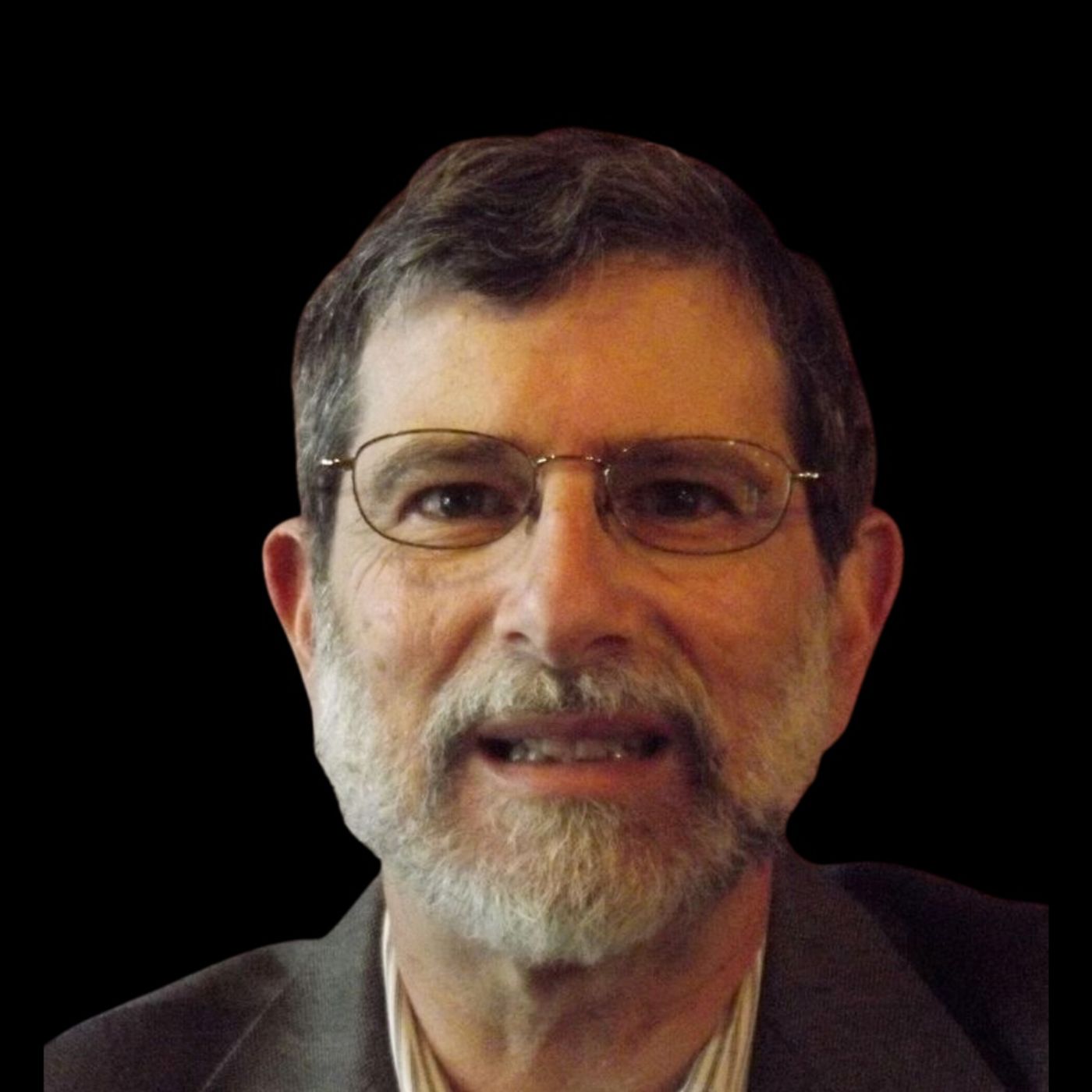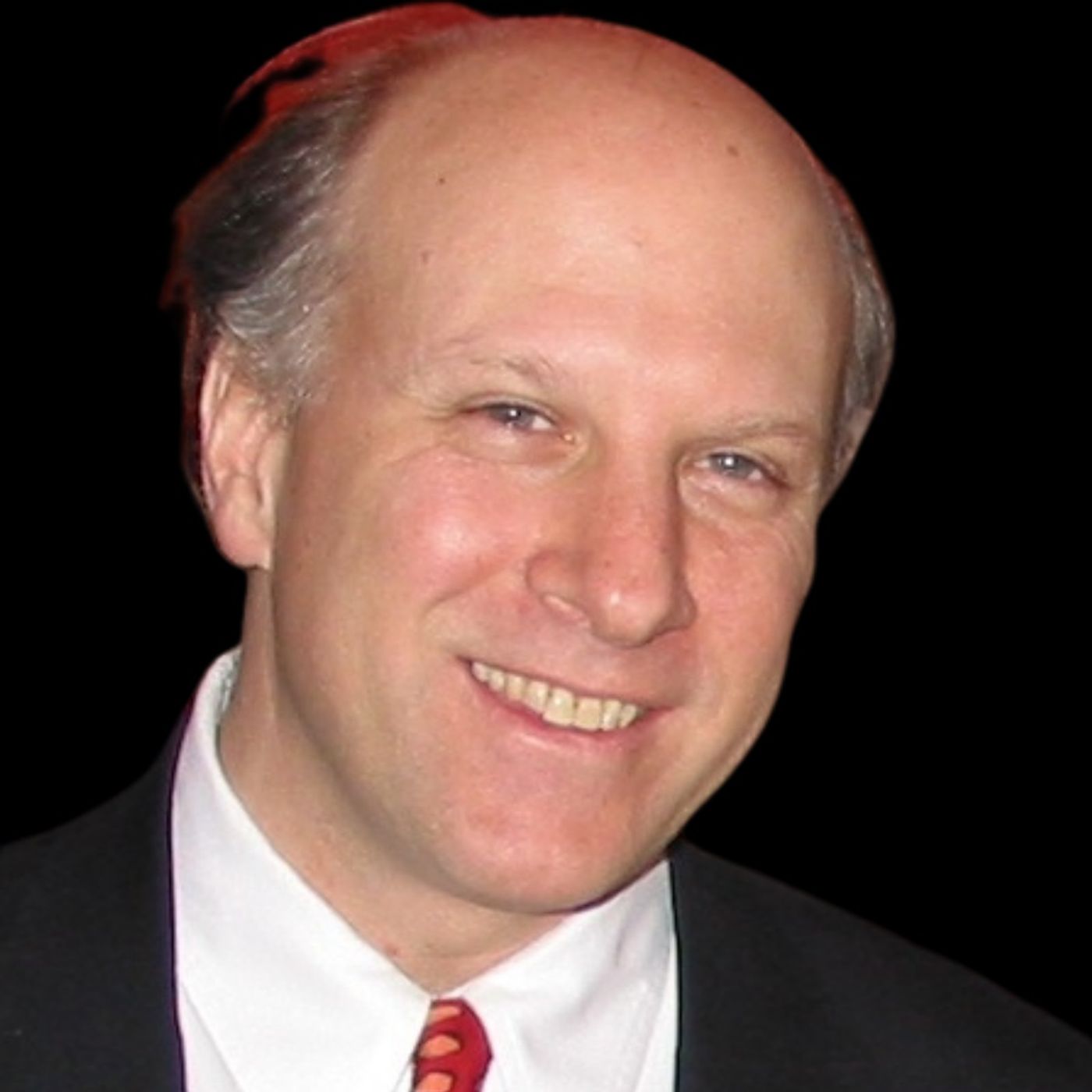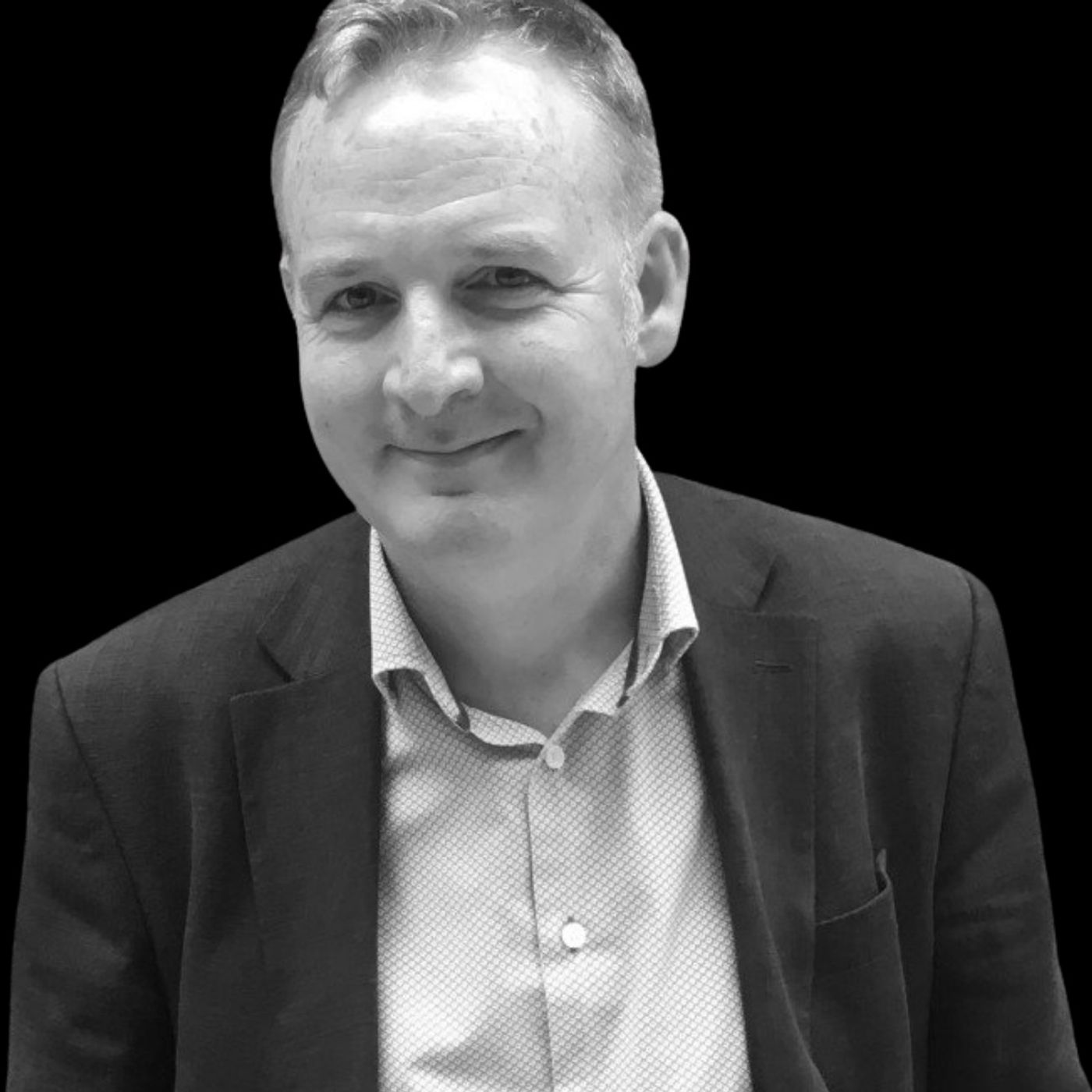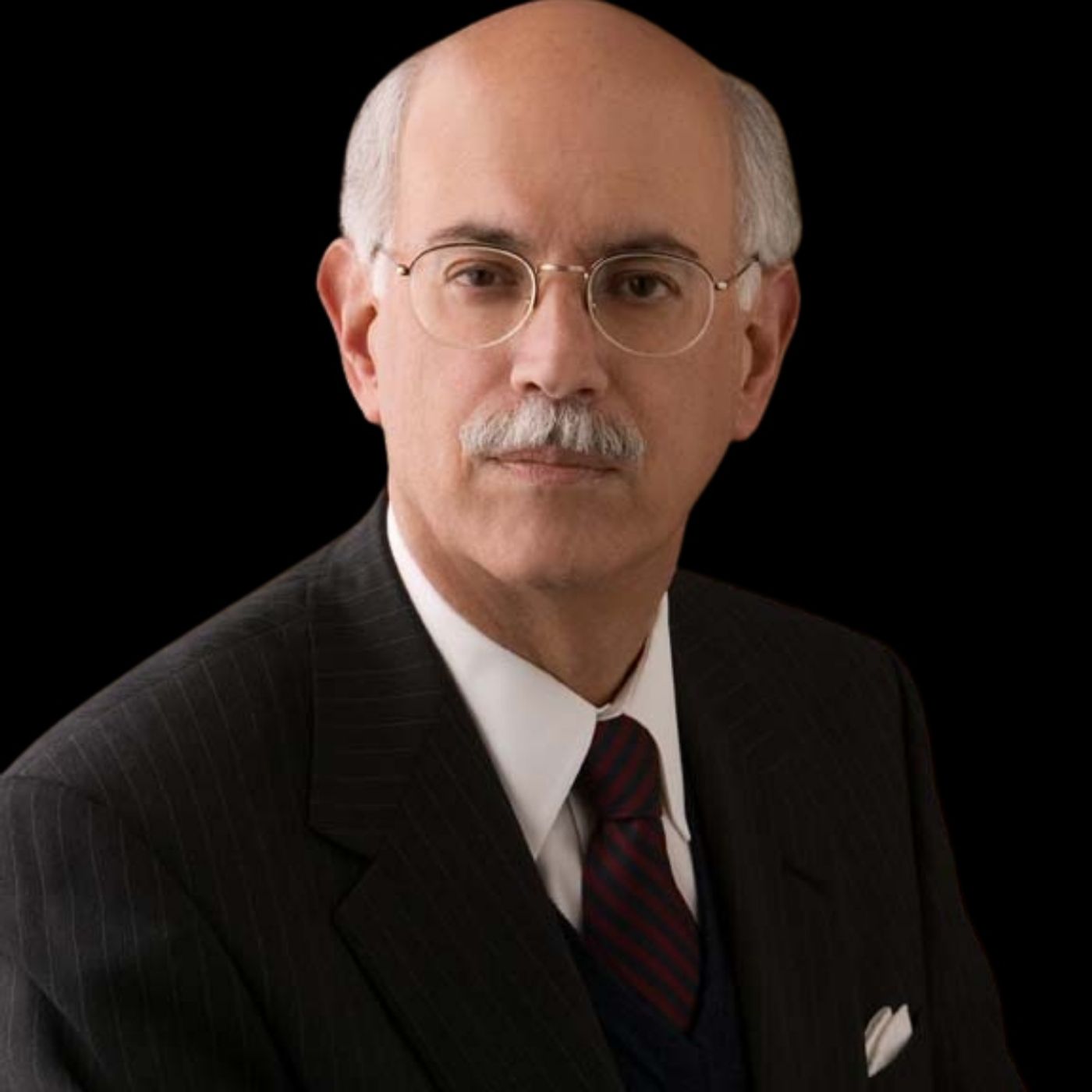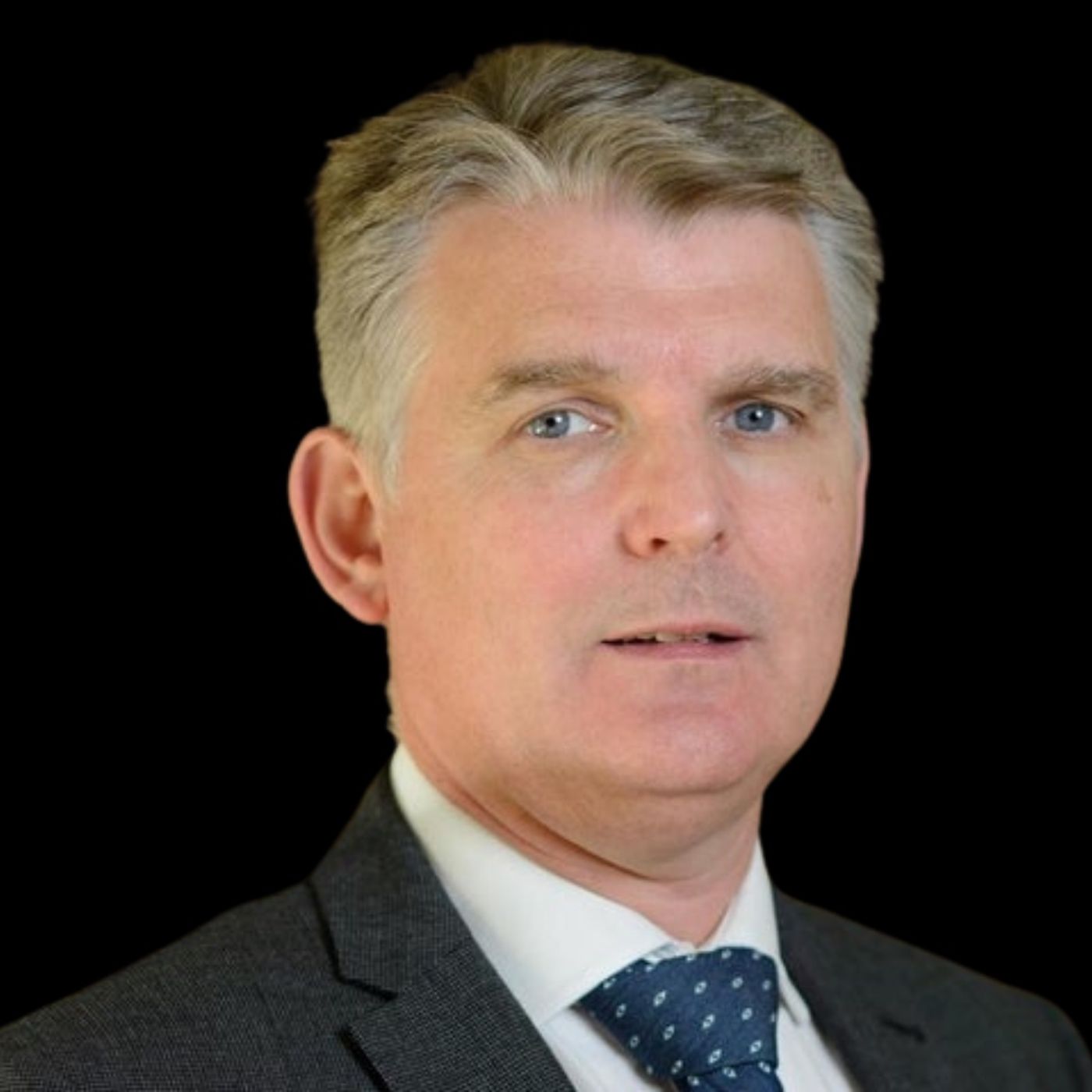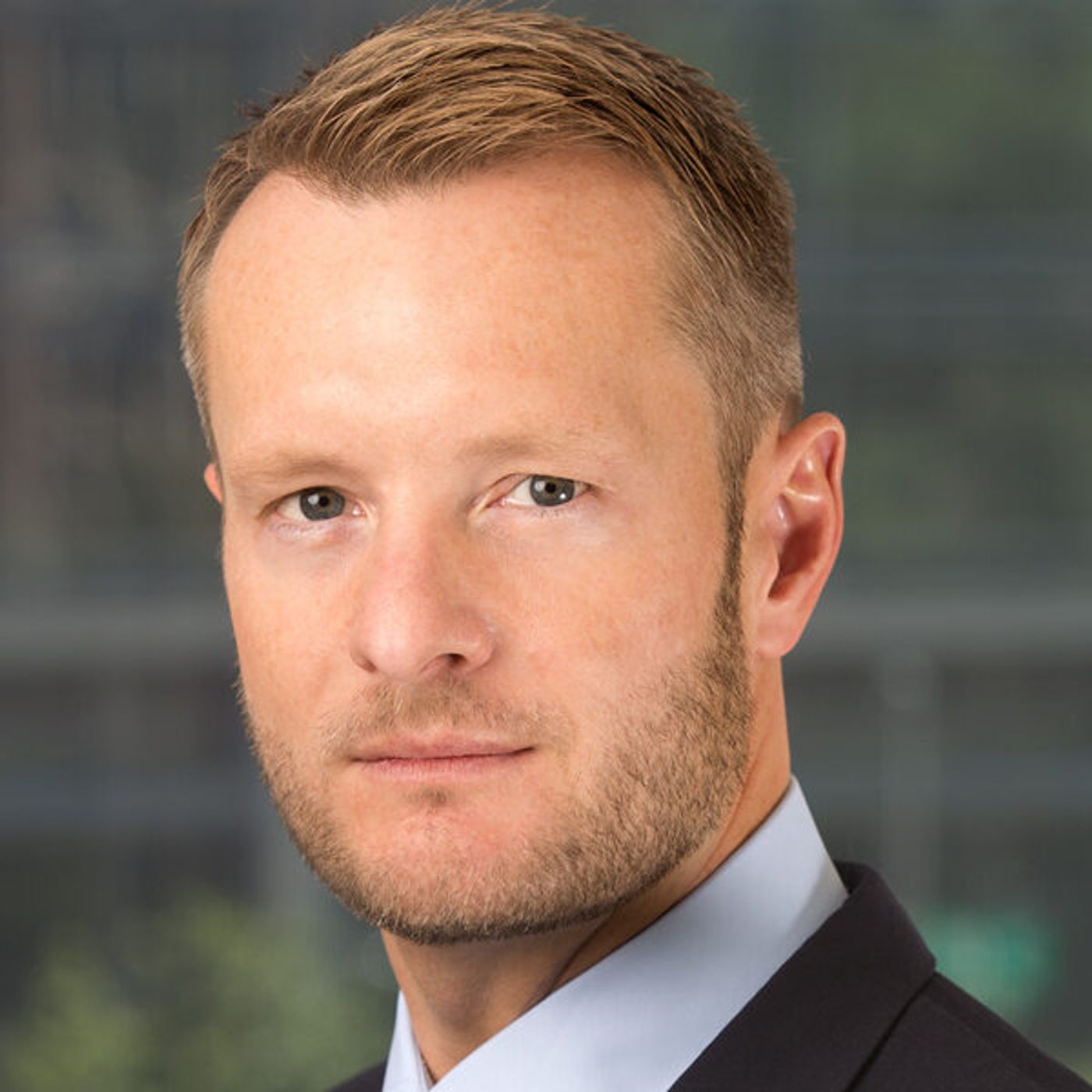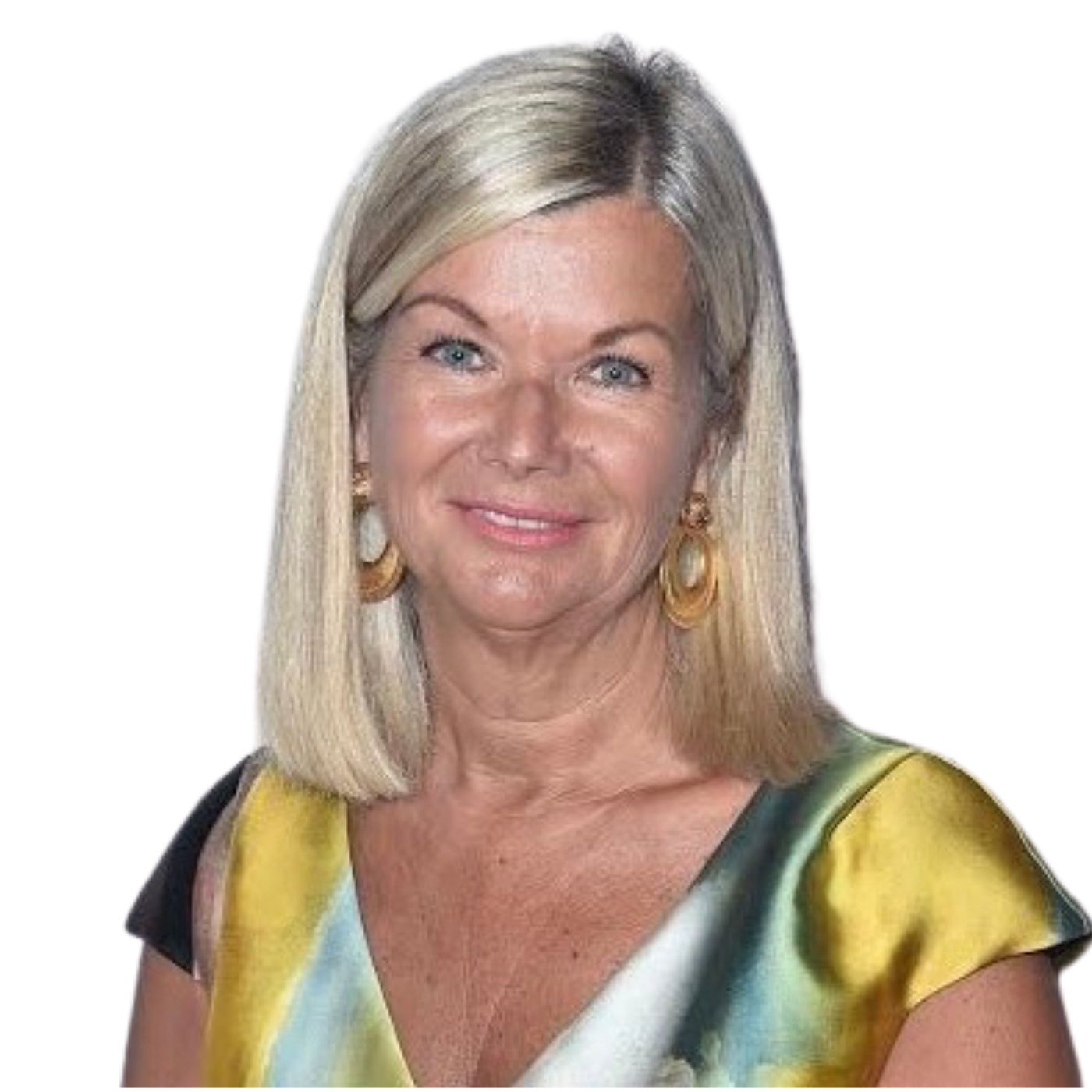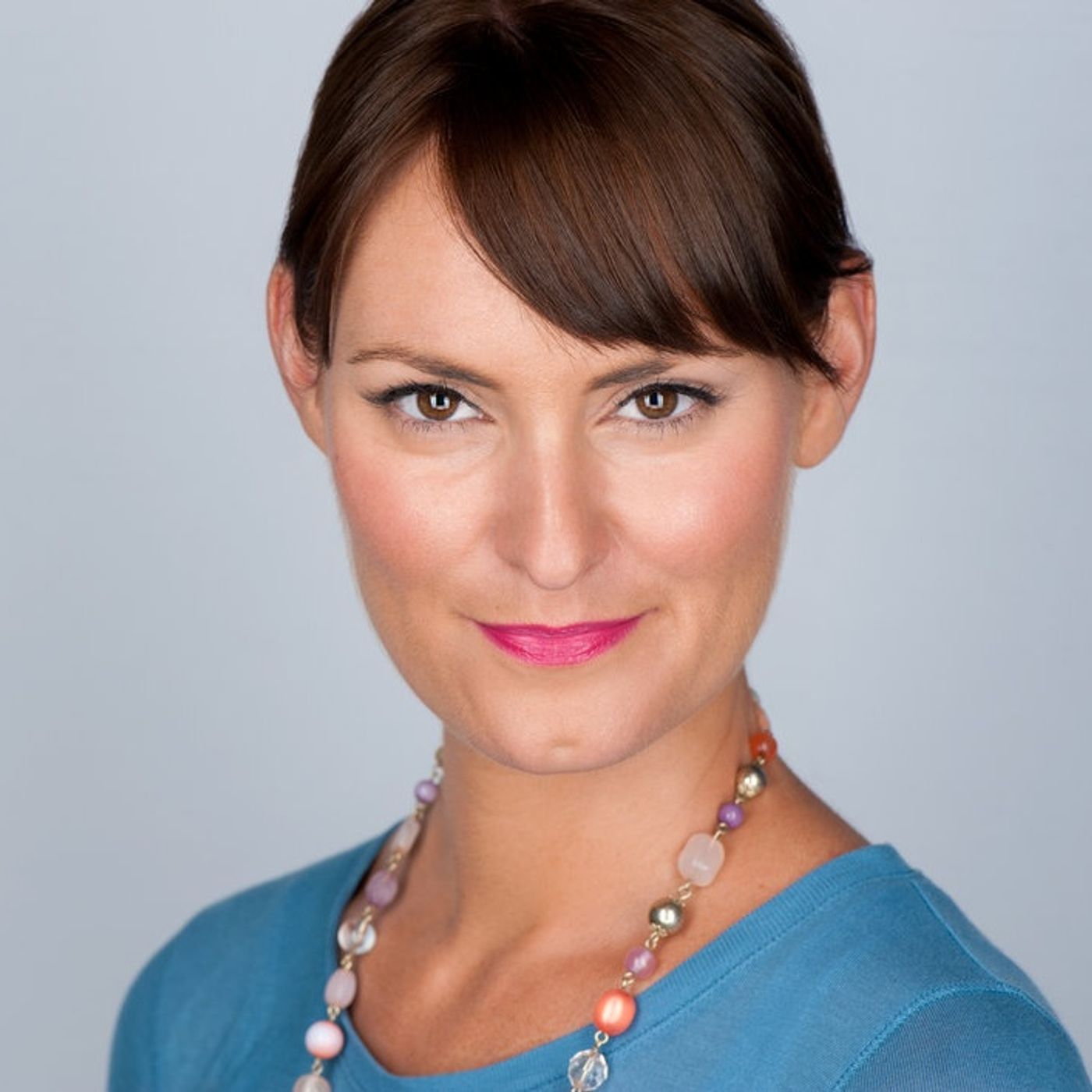Discover The Pivot Point Podcast
The Pivot Point Podcast

The Pivot Point Podcast
Author: Human Risk
Subscribed: 0Played: 3Subscribe
Share
© Copyright Human Risk
Description
With businesses in every sector facing change, three leading consultants have combined to create a new, broad-based offering for adaptation, refocusing and restructuring. Writer and director Mark Heywood (inkjockey), behavioural scientist Christian Hunt (Human Risk) and strategic adviser and writer Eliot Wilson have founded Pivot Point, a multi-disciplinary practice to help companies deal with change, manage risk, plan and embed their culture and strategy, and co-ordinate their communications and image.
This podcast explores the inevitability of change, how we can frame it on our own terms and how we can own our Pivot Point.
This podcast explores the inevitability of change, how we can frame it on our own terms and how we can own our Pivot Point.
21 Episodes
Reverse
In this episode, Mark's guest Ky Nichol, CEO of Cutover reflects on an extraordinary year for his firm and the tech sector in general.
The last 100 years have been the century of the motor car. In this episode, Eliot Wilson talks to Hannah Elliott, Bloomberg's motoring correspondent, about the way we use automobiles, how the industry is adapting to economic circumstances and emerging technology, and how the car's relationship with society will affect and be affected by policy-making over the next decades.
Digital technology has transformed the way countries interact with each other at a state-to-state level. In this episode, Eliot Wilson talks to former diplomat Tom Fletcher, author of The Naked Diplomat, about his time as ambassador to Lebanon, when he transformed the embassy's media output, the new ways in which diplomacy is being practised and how politicians and public servants will have to adapt to new technology on an evolving basis.
Every country wants to be a leader in the tech world. In this episode, Eliot Wilson talks to Stephen Kelly, chair of Tech Nation, the UK’s leading growth platform for tech companies and entrepreneur, about how he picks winners and incubates success. They discuss how government can work with the private sector to create the conditions for growth, what infrastructure is needed, and how the UK has been able to produce so many high-performing tech companies.
Television has been in the ascendant for some years and the pandemic has strengthened its hold on the public imagination. In this episode, Eliot Wilson talks to legendary TV executive Lord Grade of Yarmouth about his time at all of the UK's major broadcasters and discusses the future of television in the 2030s. They talk about public funding and how the BBC will address itself to its second century, the unique status of Channel 4 and the extraordinary boom in the British creative industries.
The withdrawal of the US from Iraq and Afghanistan after costly but unsuccessful deployments has challenged the ability of the international community, through the United Nations and other organisations, to effect lasting geopolitical change.In this episode, Eliot Wilson talks to Dr Sean McFate of the Atlantic Council about where pulling out of Afghanistan leaves Biden-era US foreign policy and whether there is a public appetite for intervention abroad.They discuss the role of private military contractors, or mercenaries, so long regarded as a taboo for developed nations, and explore whether such forces could be used as a more efficient and effective tool for the global community to carry out foreign policy aims.
Foreign policy, defence and international trade and more closely intertwined than ever in the 2020s: governments must approach them holistically rather than in silos.In this episode, Eliot Wilson talks to Professor Michael Clarke, former head of the Royal United Services Institute, about the UK’s Integrated Review and how far it represents a break from traditional thinking on our place in the world.They discuss the increasing threat of China, the post-Brexit identity of “Global Britain” and how the UK can maintain a powerful voice on the world stage despite financial pressures on its armed forces and the transformation of international relations by technology."
We take so many aspects of international trade for granted. But the way in which goods circle the globe is changing all the time. In this episode, Eliot Wilson talks to Dr Marc Levinson, author of books like "The Box: How the Shipping Container Made the World Smaller and the World Economy" and "Outside the Box: How Globalization Changed from Moving Stuff to Spreading Ideas". They discuss the evolving mechanics of globalisation and how it has been affected by the pandemic, as well as the power of commerce to create change throughout societies.
Commentating on business and public policy gives a unique viewpoint on changing trends and development. In this episode, Eliot Wilson talks to Adi Ignatius, editor-in-chief of the Harvard Business Review, exploring how the commercial world has changed since he took up his post in 2009, and suggesting what innovations the 2020s might see. He also looks at the demand for 'thought leadership' and public respectability that many entrepreneurs and business leaders seek through the pages of publications like the HBR, and how their messages are disseminated.
Few cities have seen so much change this century as London. In this episode, Eliot Wilson talks to Richard Brown, acting director of the Centre for London think tank. He traces the development of the elected mayoralty from its inception in the late 1990s, through the Ken Livingstone years and Boris Johnson's tenure, to today's mayor and the 2021 election. He describes the political turmoil in which the first mayoralty began, the hosting of the 2012 Olympics and the balance of power in a city with a Labour core and Conservative-leaning suburbs; before outlining the Centre for London's forward-looking 'London Futures' project which examines what the capital ought to look like by 2050.
Some careers in public service can be extraordinarily broad and provide experience of enormous variety. In this episode, Eliot Wilson talks to Andrew Natsios, now an executive professor at the Bush School of Government and Public Service at Texas A&M University. He describes his time as chairman of the Massachusetts Turnpike Authority, drafted in to save the "Big Dig" in Boston, which was mired in problems, and how he turned the programme around in a matter of months. He also recounts his service as administrator of the US Agency for International Development, pioneering partnership between the public and private sectors and introducing prominent US branding on to American-provided assistance.
Local government is often regarded as unglamorous and pedestrian, but it takes decisions on some of the issues that affect us most in our everyday lives. In this episode, Eliot Wilson talks to Patrick Melia, chief executive of Sunderland City Council, to discuss the changes he has seen in the North East over his career and the redevelopment that he and his political masters have driven in the region. He talks about the city's post-industrial decline, both real and perceived, and lays out ambitious plans for its economic future, and describes how a public institution with widespread responsibilities manages the challenges posed by the Covid-19 pandemic.
Each generation thinks itself special and alien to those that went before. But how do you make young people content at work? In this episode, Eliot Wilson talks to Chloë Garland, founder of Quarter Life, about how she coaches the under-30s and finds out what millennials and Gen-Zers really want: meaning, fulfilment and purpose. She argues that young workers increasingly work to live rather than living to work, and explains how the Covid-19 pandemic has opened people's eyes to new opportunities and encouraged them towards the possibility of change.
The British Army is always evolving to meet new threats and absorb new technology. In this episode, Eliot Wilson talks to Major General Jez Bennett, the army's director of capability, about how military doctrine is reviewed, refined and updated, and how he deals with the pressures of budgetary constraints and new strategic threats. Although the army can cherish discipline, it also produces independent thinkers and soldiers who approach problems with a flexible attitude, backed by strong and continuous learning.
The Houses of Parliament are iconic and steeped in tradition. The institution dates back to the 13th century. How has it changed? In this episode, Eliot Wilson talks to Lord Lisvane, former Clerk of the House of Commons, to discuss the balance of the old and the new, and how innovation can be managed without revolution. Lisvane recounts highlights of his 42-year career and reflects on his management of change as the Commons' top official, discovering along the way how this unique political ecosystem sustains itself.
The common image of overseas aid and development is of wealthy countries giving money or food to poorer nations. Is there a better way? In this episode, Eliot Wilson talks to Sarah Dusek, founder of Enygma Ventures, who argues that the best way to help developing countries to marry private capital to sustainable and successful local enterprises. She rejects the notion that trade and foreign policy must be kept separate from aid and describes her work matching investors to female entrepreneurs in southern Africa.
Most people think the world is getting worse, and that view affects the way we live: but is it true? In this episode, Eliot Wilson speaks to Dr Marian Tupy of the Cato Institute who argues that by most relevant metrics the human experience is improving. People are living longer and more health lives, in conditions of greater comfort and prosperity. He also debunks some predictions of catastrophe and outlines ways in which we can address global problems without abandoning our success.
How can Neuroscience help improve communication and understanding? In this episode, Eliot Wilson speaks with Pranav Yadav about neuroscience and his vision for how it can improve human interactions. Pranav is the CEO of Neuro-Insight, and in his discussion with Eliot, he shares how his background and the insights he has gleaned from religion have informed his vision.
What can we learn about pivoting from the Arts? In this episode, Eliot Wilson speaks with Chantal Rickards, who up until last year was CEO of the prestigious British Academy of Film and TV Arts in Los Angeles. In a wide-ranging discussion, Chantal explains how BAFTA has embraced gaming and adapted as the media industry evolves.
Alexandra Wood isn't your usual tailor. She's the rare combination of being a woman who specialises in men's tailoring. And she's one of the few to ply her trade on London's Savile Row. On this episode, she joins Pivot Point's Eliot Wilson, to talk about her career and how she succeeded by following her passion. As COVID has presented obvious challenges to her industry, Alex talks about how her business has adapted and the importance of listening to her customers.You can find out more about Alexandra's business at https://alexandrawoodbespoke.co.uk/


